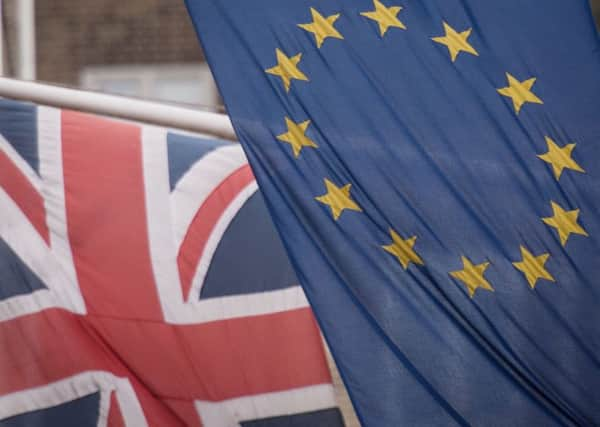YP Letters: How we got into Europe and why we need a fair exit deal


I AM sorry to say David Butcher gets his facts wrong, but Brexiteers often make the same mistake (The Yorkshire Post, November 18).
Conservative Prime Minister Ted Heath took Britain into the EEC with a Parliamentary vote in 1972. It wasn’t the EU then. Entry came on January 1, 1973.
Advertisement
Hide AdAdvertisement
Hide AdOnly when Labour came to power in 1974 was there a referendum. Not whether to enter but whether to stay in. The vote was almost two to one to remain. The British people never voted to enter the EU.
How can we trust Brexiteers with the future when they can’t get the past right?
From: Tim Hunter, Farfield Avenue, Knaresborough.
EU president, Jean Claude Juncker, recently likened the EU exit payment he believes is payable by the UK, to ordering beers in a bar and leaving without paying. In fact, the exit payment is more like going into a bar and being asked to pay for a round of drinks, without knowing what drinks you are going to get.
There is no legal requirement for the UK to pay anything to the EU. As a matter of goodwill, we are prepared to pay something (apparently £18bn), providing we get something in return.
Advertisement
Hide AdAdvertisement
Hide AdIf the bar asks you to pay £50 upfront, and then serves you with a glass of water and 28 straws, that would be a rip off. What are we going to get for all that taxpayers’ money? We might be better going on to WTO rules and spending the £18bn on ourselves, e.g. setting up all the necessary customs facilities.
From: Arthur Quarmby, Mill Moor Road, Meltham.
THE Brexit negotiations put me in mind of a man who went to buy a cow, but was told that he must promise to pay before he is allowed to see the animal.
To my mind, this is all the wrong way round; study the cow carefully before you say what you are prepared to pay, followed by a bit of haggling. Perhaps the EU negotiators regard themselves more as jailers, telling the prisoner how much he will have to pay to be let out?
From: John Turley, Dronfield Woodhouse.
WITH reference to the letters by Janet Berry and others (The Yorkshire Post, November 17), why do they think that James Dyson would be able to negotiate a favourable trade deal? His vision of Brexit is to transform Britain into a low tax, low wage offshore economy.